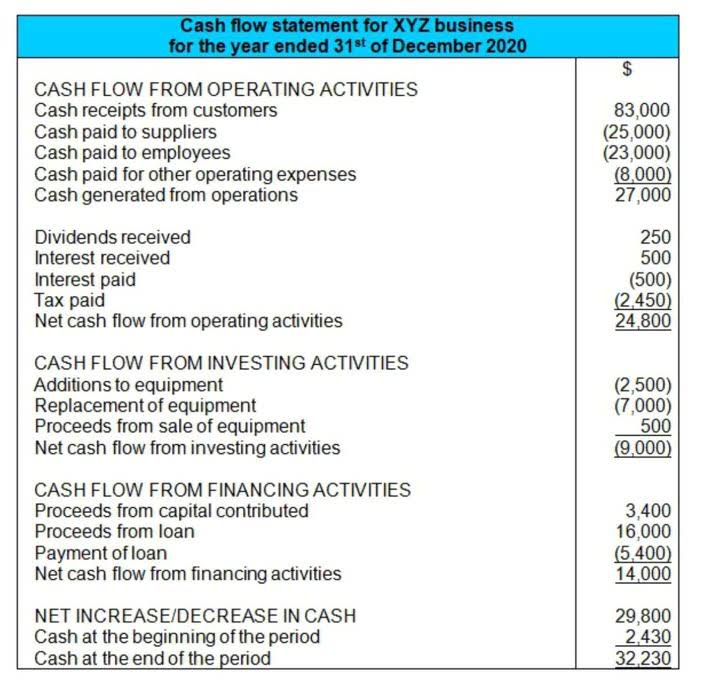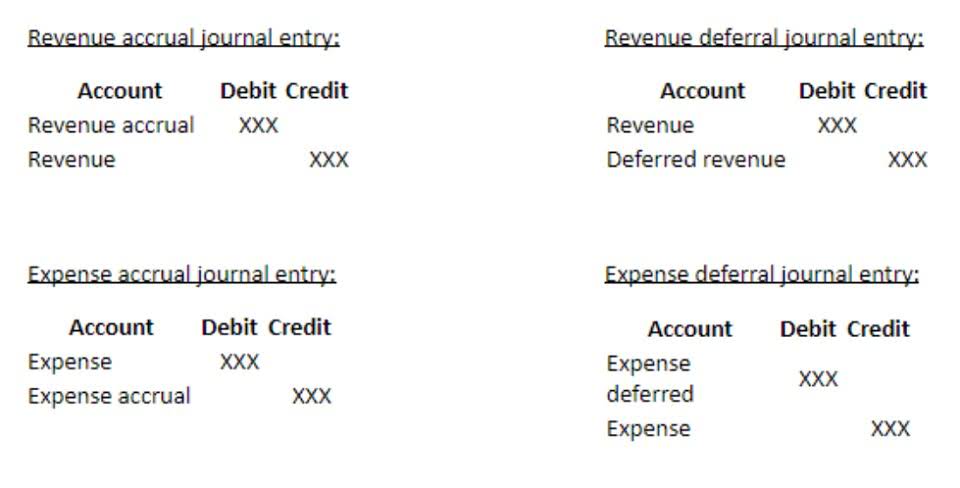
Proper book balancing forms the foundation for generating accurate financial statements. Bookkeepers compile data from the general ledger to prepare key financial statements such as income, balance, and cash flow statements. An accountant can certainly perform bookkeeping tasks, but the title generally involves other responsibilities as well. An accountant may interpret the financial records that a bookkeeper compiles, in order to assess a company’s financial health. Becoming an accountant usually requires more training and education than bookkeeping and can be a good next step in your financial career.
Forensic Accountant
This process of transferring summaries or individual transactions to the ledger is called posting. Accountants, on the other hand, use the information provided by bookkeepers to summarize a business’s financial position and render financial advice to the business owner. Many accountants also prepare tax returns, independent audits and certified financial statements for lenders, potential buyers and investors. Although bookkeeping procedures can be extremely complex, all are based on two types of books used in the bookkeeping process—journals and ledgers.
Career Paths
- Data entry involves entering your business’s transactions into your bookkeeping system.
- We’ve analyzed and rated the best online bookkeeping services to help you make the best decision when choosing the right one.
- It also includes more advanced tasks such as the preparation of yearly statements, required quarterly reporting and tax materials.
- Each account has a normal balance that reflects either a debit or a credit.
- While it may be easy to confuse the two, they are not the same thing.
- After a certain period, typically a month, each column in each journal is totalled to give a summary for that period.
Keeping up with the records in your small business might be a task you are willing and able to tackle yourself. The system you choose to use doesn’t need to be complicated and the ledgers should be straightforward, especially if you have just a few or no employees. The most important parts of doing your own bookkeeping are staying organized and keeping track of the details.
Why Is Bookkeeping Important?
Bookkeepers might also have degrees in accounting, but most have either technical certifications or on-the-job experience. Bookkeeping is largely concerned with recordkeeping and data management. Bookkeepers make sure the information in the books is accurate and that the books are reconciled each month. Data entry involves entering your business’s transactions into your bookkeeping system.
Build essential bookkeeping skills.
Regular review of financial data helps detect and address issues promptly, promoting better financial control and efficiency. By staying up to date with your bookkeeping throughout the year, you can help alleviate some of the stress that comes with filing your taxes. Check out our helpful guide for deciding when is the right time for your business to invest in hiring a bookkeeper. If all your mental powers have been focused on getting your business off the ground, you might not yet fully understand what a bookkeeper does.
The service you decide to use depends on the needs of your business and may include extra features such as payroll or tax documents. While they seem similar at first glance, bookkeeping and accounting are two very different mediums. Bookkeeping serves as more of a preliminary function through the straightforward recording and organizing of financial information. Accounting takes that information and expands on it through analyzing and interpreting the data. People often confuse bookkeepers and accountants—and with good reason.
- Rarely does a bookkeeper work on one big project for an eight-hour shift; instead, a typical workday involves juggling five or six smaller jobs.
- There are critical differences in job growth and salaries between the two.
- There are various career paths for accountants (and some for bookkeepers), from working as a forensic accountant to becoming a financial auditor or an enrolled agent.
- While it’s not always necessary to have a degree, some companies will look for candidates with coursework in accounting.
- However, bookkeeping and accounting clerk jobs are expected to decline, with the BLS projecting a 5% fall in jobs over the same period.
- As a partial check that the posting process was done correctly, a working document called an unadjusted trial balance is created.
- Those baby steps can help you manage your organization on a new and improved system.
Types of bookkeeping
In the normal course of business, a document is produced each time a transaction occurs. Bookkeeping first involves recording the details of all of these source documents into multi-column journals (also known as books of first entry or daybooks). For example, all credit sales are recorded in the sales journal; all cash payments are recorded in the cash payments journal.

Bookkeeper Job Description Example
This could be as simple as buying doughnuts for your office or grabbing lunch during an impromptu meeting. To keep track of these expenses, you’ll need to use the petty cash bookkeeping method. Only an accountant licensed to do so can prepare certified financial statements for lenders, buyers and investors. However, your bookkeeper can generate internal management reports for your business. Accountants use the records a bookkeeper provides and their own expertise to help build budgets, assess finances, and make business decisions. Accountants have higher education requirements and may have training in bookkeeping roles.

Most individuals who balance their check-book each month are using such a system, and most personal-finance software follows this approach. Transactions include purchases, sales, receipts and payments by an individual person or an organization/corporation. definition of a bookkeeper There are several standard methods of bookkeeping, including the single-entry and double-entry bookkeeping systems. While these may be viewed as “real” bookkeeping, any process for recording financial transactions is a bookkeeping process.


